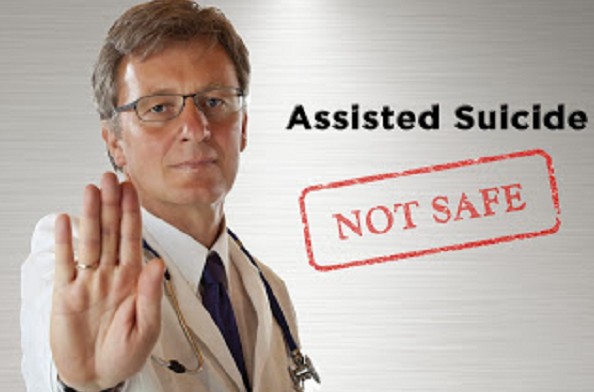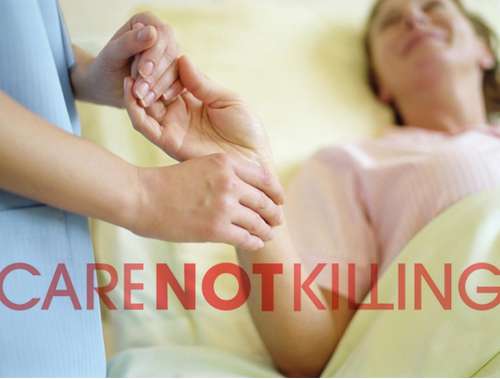
Yahoo.com 17 February 2018
Family First Comment: Why would NZ even want to go near this type of scenario….
“Some experts say the case as documented in the letter amounts to murder; the patient lacked the mental capacity to ask for euthanasia and the request for the bedridden patient to be killed came from family members… Although euthanasia has been legal in Belgium since 2002 and has overwhelming public support, critics have raised concerns in recent months about certain practices, including how quickly some doctors approve requests to die from psychiatric patients.”
Make a submission against euthanasia in NZ – submissions close 6 March – www.protect.org.nz
A disputed case of euthanasia in Belgium, involving the death of a dementia patient who never formally asked to die, has again raised concerns about weak oversight in a country with some of the world’s most liberal euthanasia laws.
The case is described in a letter provided to The Associated Press, written by a doctor who resigned from Belgium’s euthanasia commission in protest over the group’s actions on this and other cases.
Some experts say the case as documented in the letter amounts to murder; the patient lacked the mental capacity to ask for euthanasia and the request for the bedridden patient to be killed came from family members. The co-chairs of the commission say the doctor mistakenly reported the death as euthanasia.
Although euthanasia has been legal in Belgium since 2002 and has overwhelming public support, critics have raised concerns in recent months about certain practices, including how quickly some doctors approve requests to die from psychiatric patients.
The AP revealed a rift last year between Dr. Willem Distelmans, co-chair of the euthanasia commission, and Dr. Lieve Thienpont, an advocate of euthanasia for the mentally ill. Distelmans suggested some of Thienpont’s patients might have been killed without meeting all the legal requirements. Prompted by the AP’s reporting, more than 360 doctors, academics and others have signed a petition calling for tighter controls on euthanasia for psychiatric patients.
READ MORE: https://www.yahoo.com/news/death-dementia-patient-stirs-belgium-euthanasia-fears-084645936.html




 We’ve been contacted by a number of supporters saying “Help! We really want to do a submission opposing the euthanasia bill – but we’re not even sure where to start.” We can understand the concern. It can all seem a little too technical and overwhelming.
We’ve been contacted by a number of supporters saying “Help! We really want to do a submission opposing the euthanasia bill – but we’re not even sure where to start.” We can understand the concern. It can all seem a little too technical and overwhelming.


